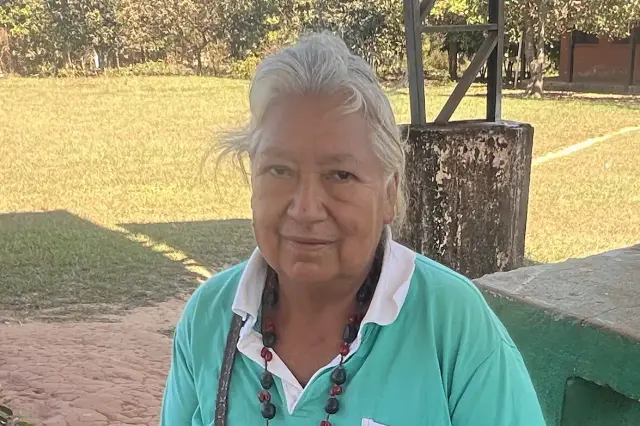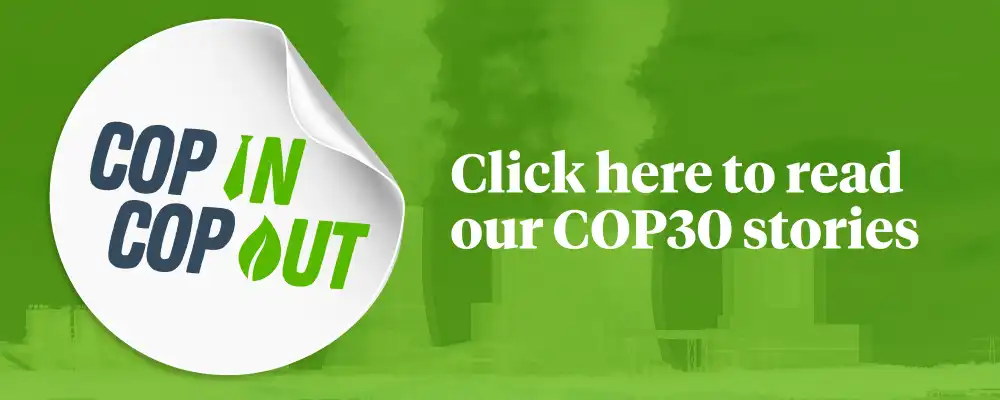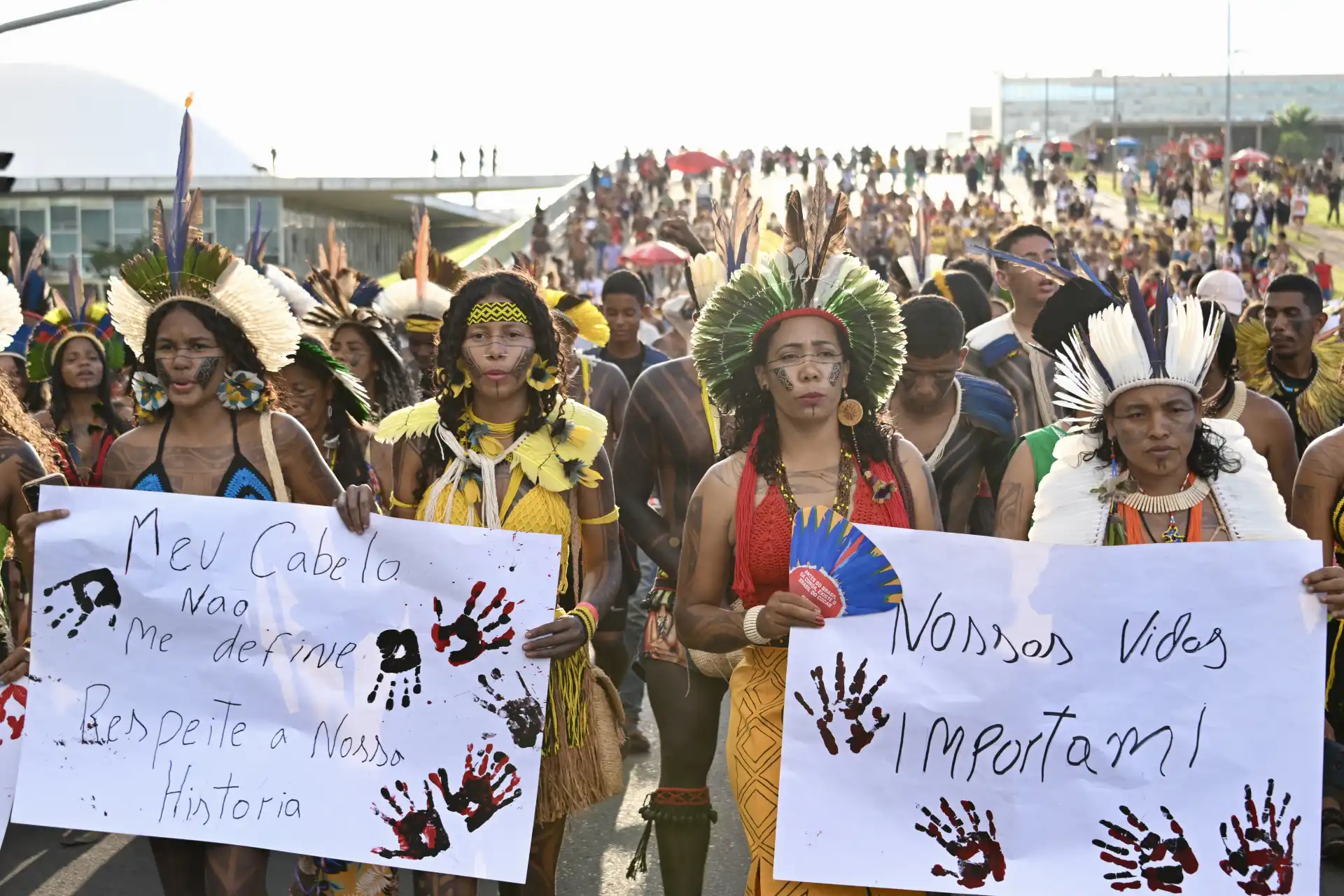Rights and protections
Indigenous people told us time and time again that they need specific laws and recognition of their territories to tackle the threats against them. Then, they said, those laws must be enforced. Finally, projects that affect Indigenous groups should require their consent.
However, more than 60% of the people we spoke to said their country was failing to uphold their rights. The reasons varied. Several felt that governments prioritised multinational companies over Indigenous people. Others pointed angrily to the number of frontline environmental defenders – many of whom are Indigenous – that are killed or disappeared around the world. There were 146 such deaths last year, according to Global Witness, a campaign group.
At least one person from every country was unhappy with their government, but the problem was most acute in Peru and Indonesia. In Peru, there was palpable anger from most people interviewed over the recent rollback of Indigenous rights and environmental laws. In Indonesia, people said that recognition of land rights in the constitution didn’t translate into protection on the ground, and one said that lands are often taken without their consent.
In the Democratic Republic of Congo, a 2022 Indigenous peoples’ law was seen as a step forward, but implementation had been patchy. It was a similar situation in Colombia, where Indigenous groups are recognised in the constitution, but their rights aren’t always enforced. Despite the promising actions of the government, Zully Nayibe Rivera – from the Nasa people – said there was still a long way to go in terms of recognising her territory.
Perspectives were mixed in Brazil, which is hosting the Cop30 climate conference in November. Several highlighted what they called “anti-Indigenous” forces in Brazil’s Congress. But many recognised the efforts of President Lula and the historic appointment of Sônia Guajajara as minister of Indigenous peoples – this gave them a sense of hope and empowerment.

















